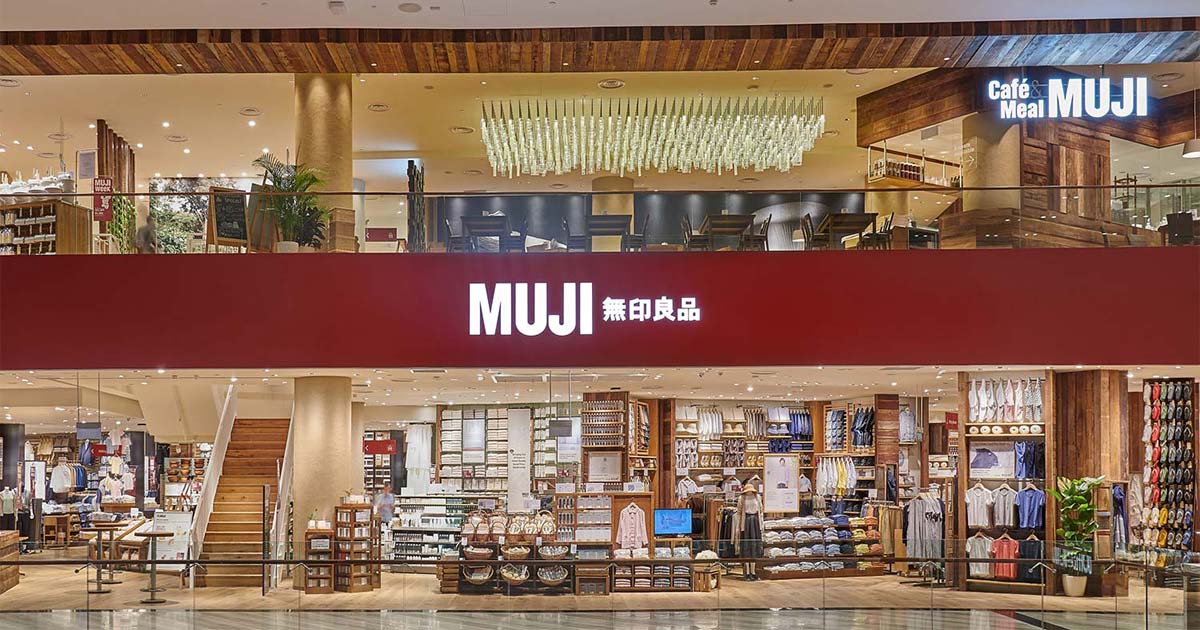
SukkhaCita
About the Organisation
SukkhaCitta pioneers natural solutions to ensure a net positive impact on the environment, striving to empower women artisans and farmers in Indonesian villages, preserve indigenous traditions, and promote sustainability.

The RADAr Framework

SukkhaCitta pioneers natural solutions to ensure a net positive impact on the environment, striving to empower women artisans and farmers in Indonesian villages, preserve indigenous traditions, and promote sustainability.
How They Implement:
Reflect
Beginning with the belief that society has become disconnected from its roots, nature, and the environmental impact of our choices, Indonesian social entrepreneur Denica Riadini-Flesch observed that rural women in Indonesia were not receiving fair wages as garment and textile workers. Despite Indonesia's significant role in global clothing production, a mere fraction of its predominantly female workforce earns a living wage. Motivated by this disparity, Denica chose to address the issue by collaborating directly with women from rural villages instead of traditional factory settings. This led to the establishment of SukkhaCitta, an acclaimed social enterprise that is transforming the fashion industry. SukkhaCitta pioneers natural solutions to ensure a net positive impact on the environment, striving to empower women artisans and farmers in Indonesian villages, preserve indigenous traditions, and promote sustainability.
Anticipate
Regenerative Farming
Summary:
Fully integrated and internal material sourcing that empowers local farmers, ensuring sustainable production of products.
Detailed:
SukkhaCita works hard to help more smallholder farmers reclaim their indigenous regenerative farming wisdom. One way they do this is by growing their cotton and plant dyes in ways that mimic the abundance of a natural forest to restore soil health.
100% Plant Dyes
Summary:
Every colour used by SukkhaCita is dyed with plant dyes and mordants.
Detailed:
SukkhaCita uses plants that regenerate ecosystems while empowering smallholder farmers, and reversing climate change. Replacing petroleum-based synthetic dyes, that are made of fossil fuels and release toxic waste into water sources, with natural botanical dyes.

Diversify
Women empowerment
Summary:
SukkhaCitta provides Indonesia’s craftswomen access to a living wage, and a fair chance to thrive in their own right while protecting the planet by using plant dyes with 0% chemicals.
Detailed:
Rumah SukkhaCitta empowers women in rural Indonesia to adapt to the changing climate by leveraging indigenous wisdom and local culture and focusing primarily on livelihoods from regenerative agriculture and textile craft.
Adapt & respond
Full Lifecycle Responsibility
Summary:
Ensures that their clothes don’t contribute to current waste produced by the fashion industry.
Detailed:
To ensure that their clothing isn’t disposable, SukkhaCita provides care and repair services throughout the full lifecycle of a piece. This includes Lifetime Repairs, Re-dying, and Take Backs when you feel like you’ve worn out your product.

Other Case Studies
Forget the Trade-off
Subscribe for inspiration and insights on doing well while doing good. No spam, we promise!



